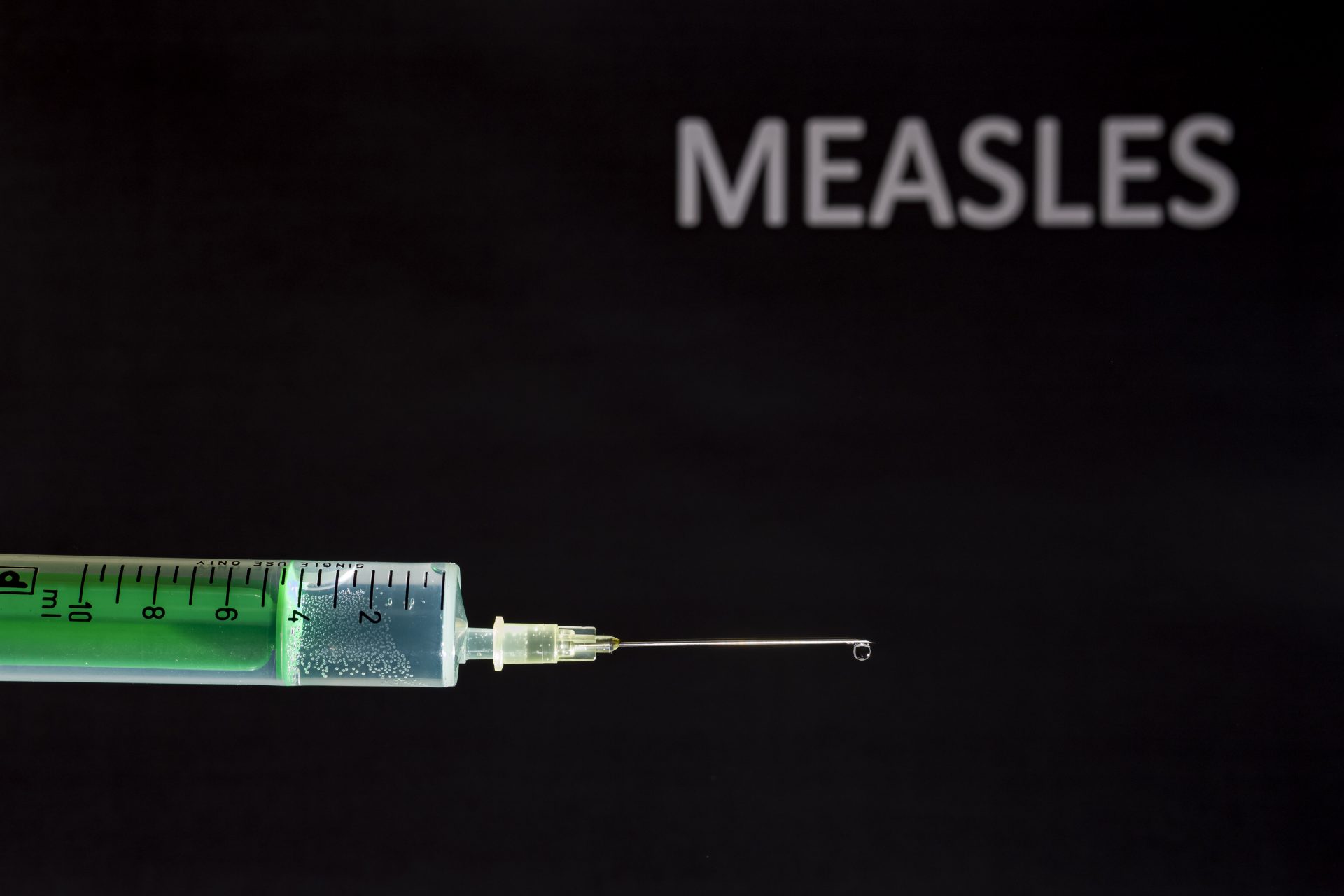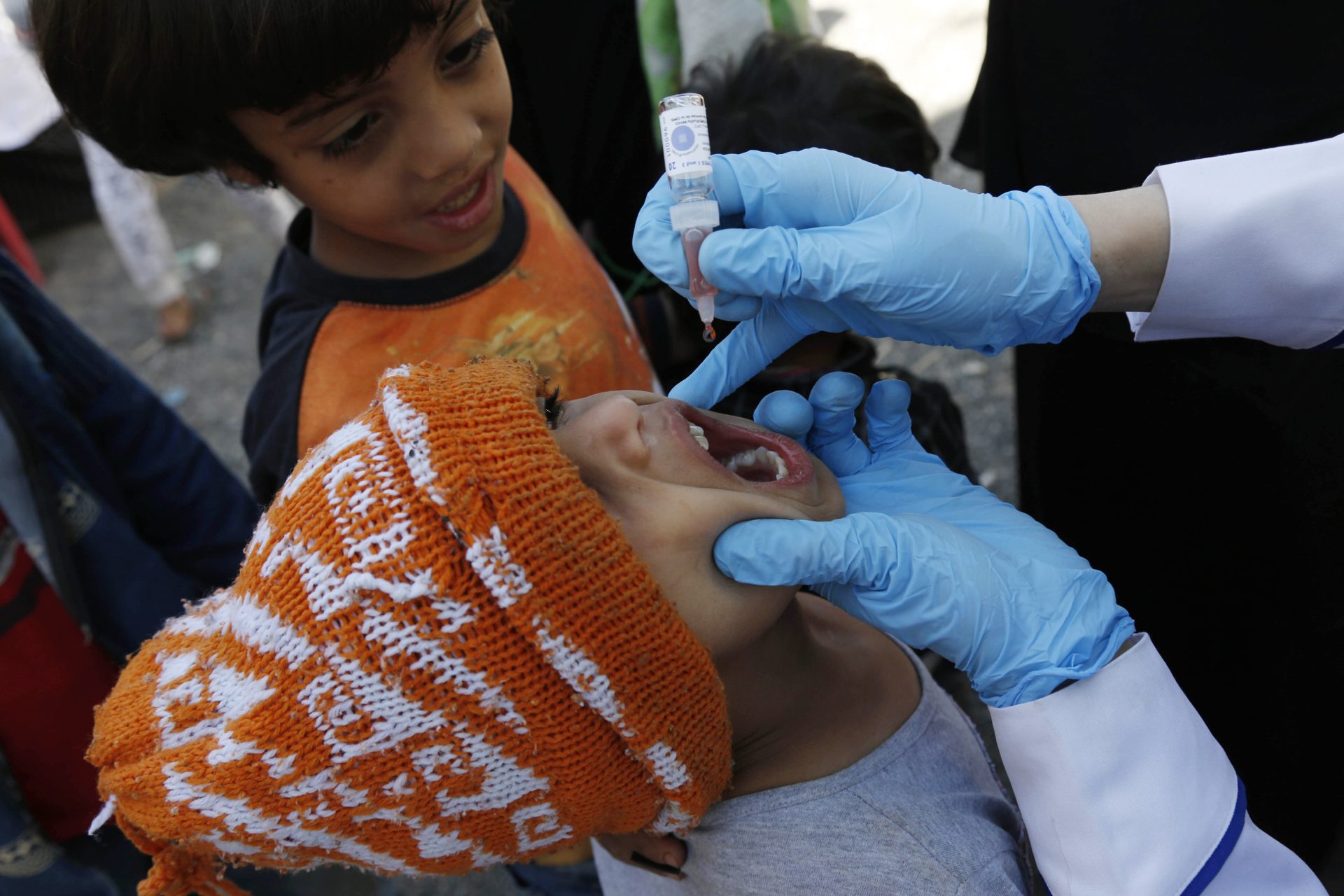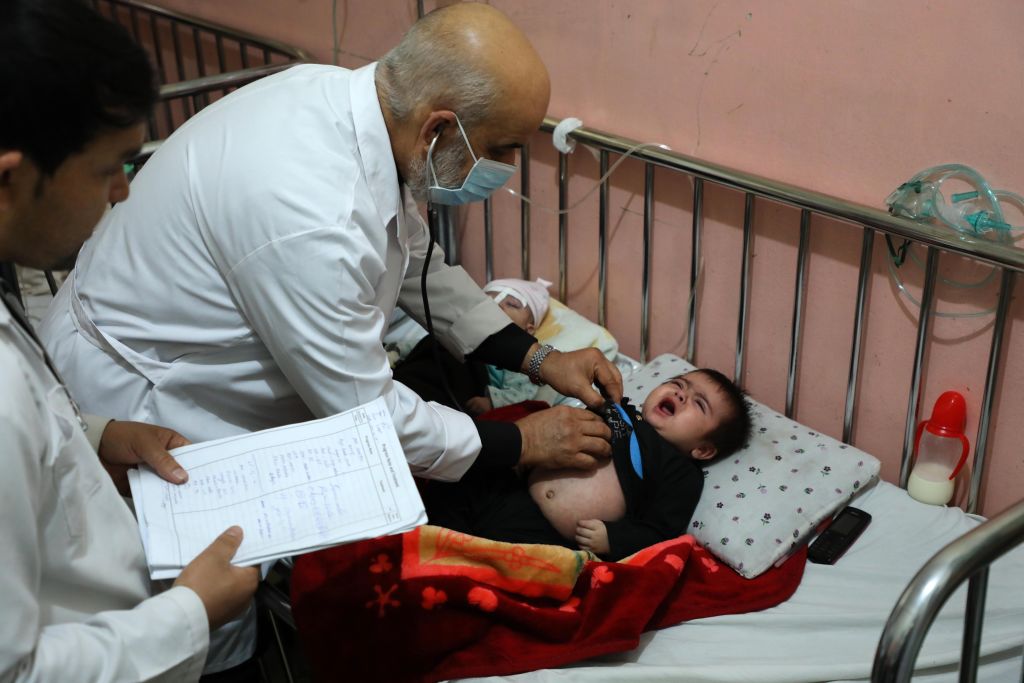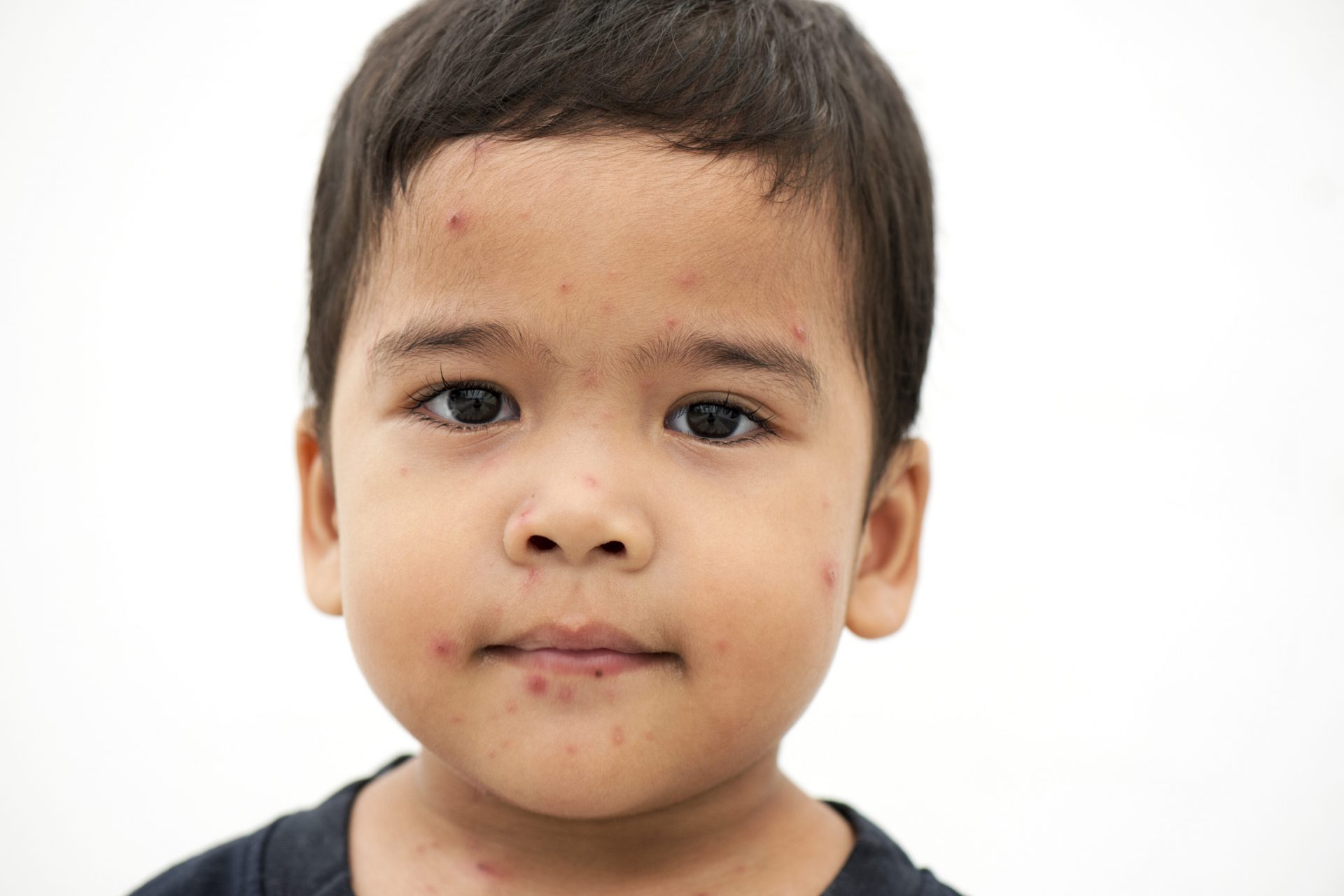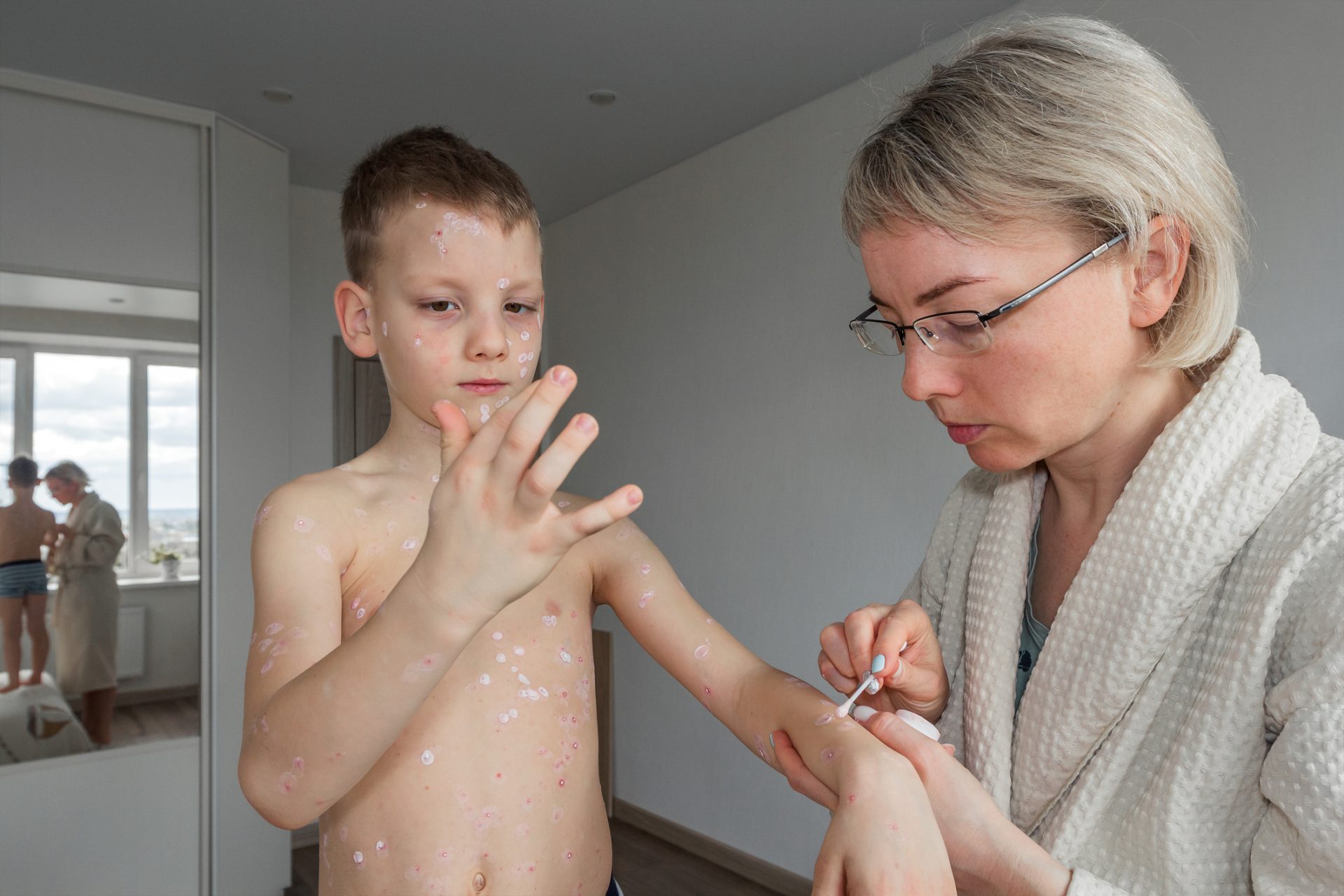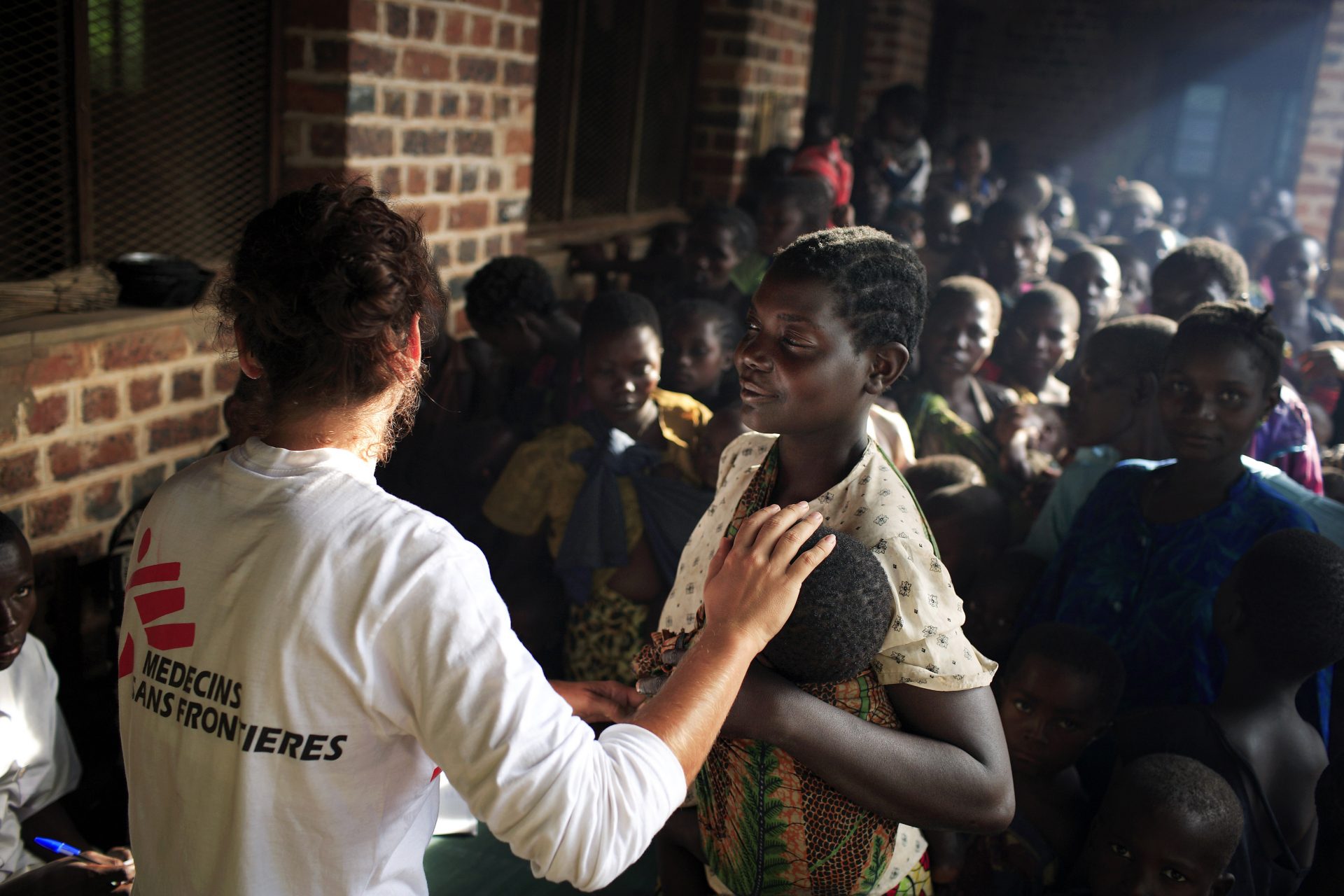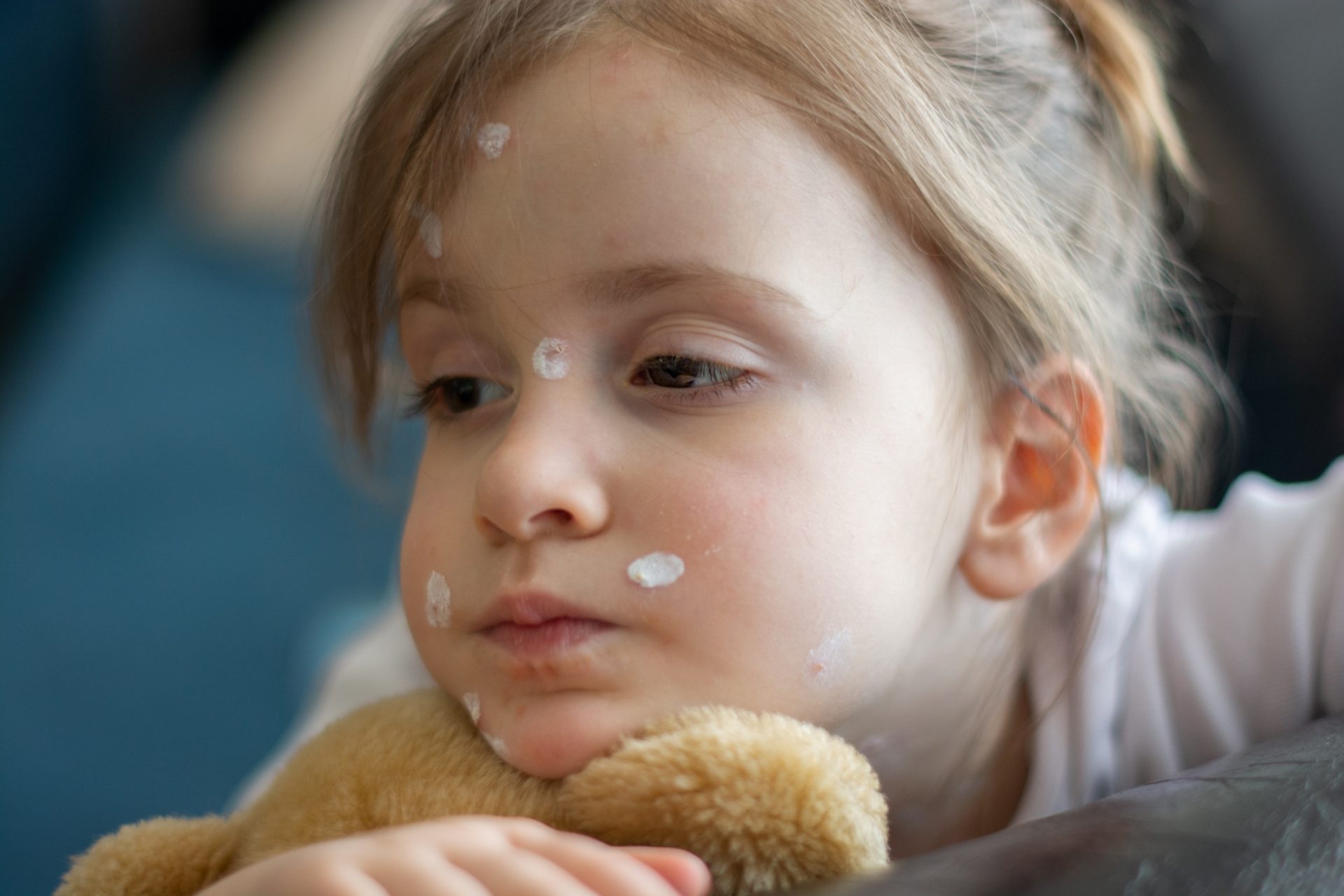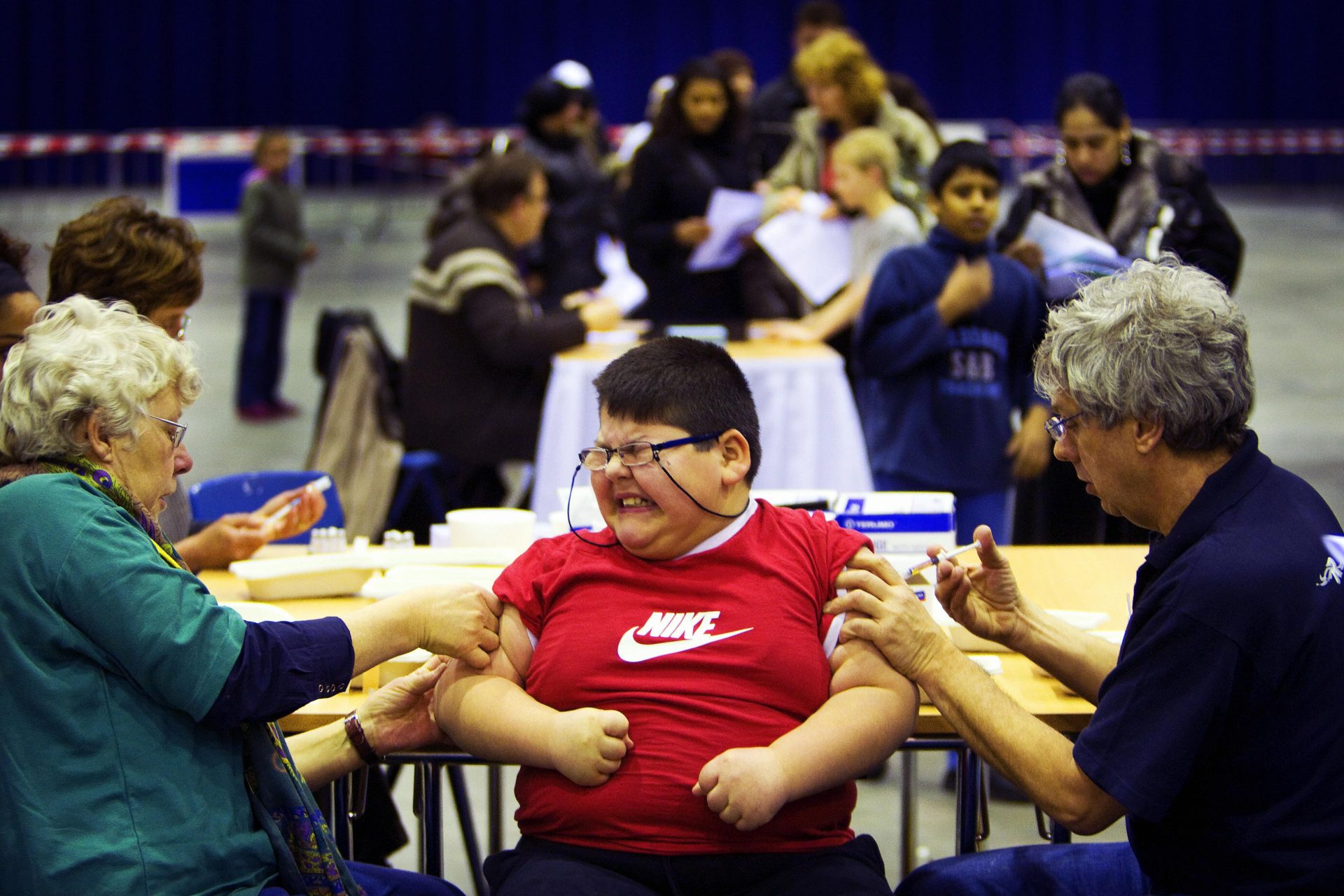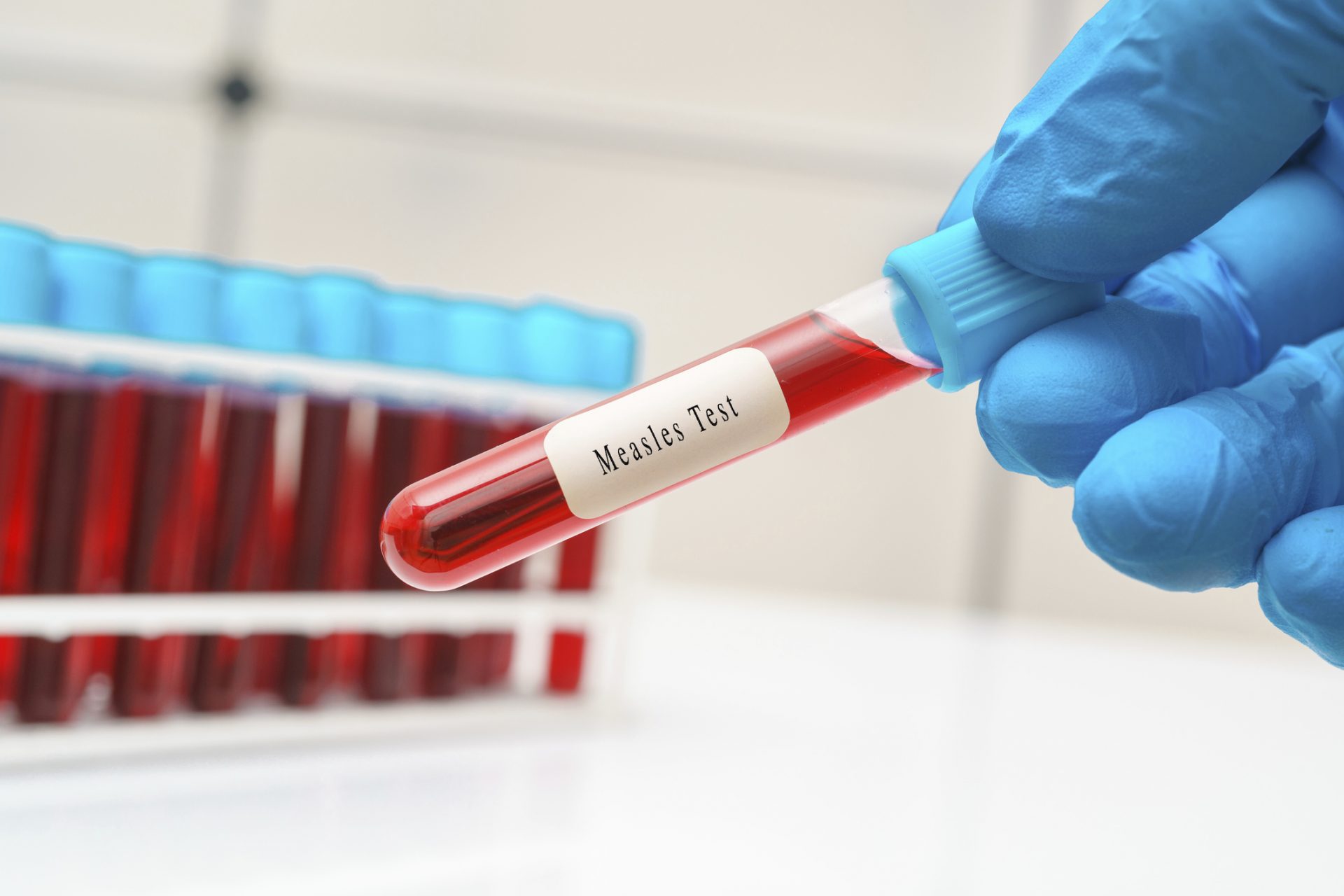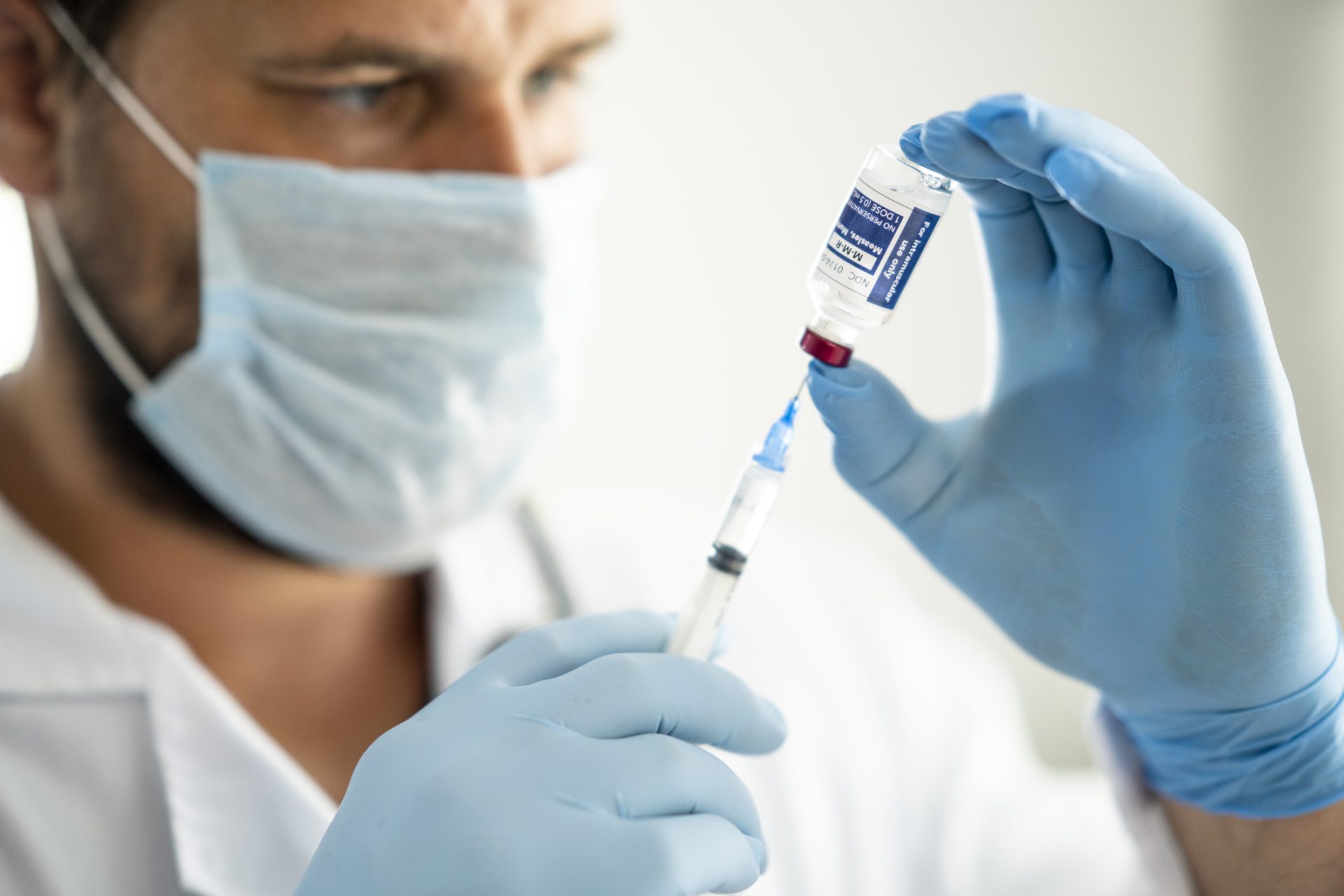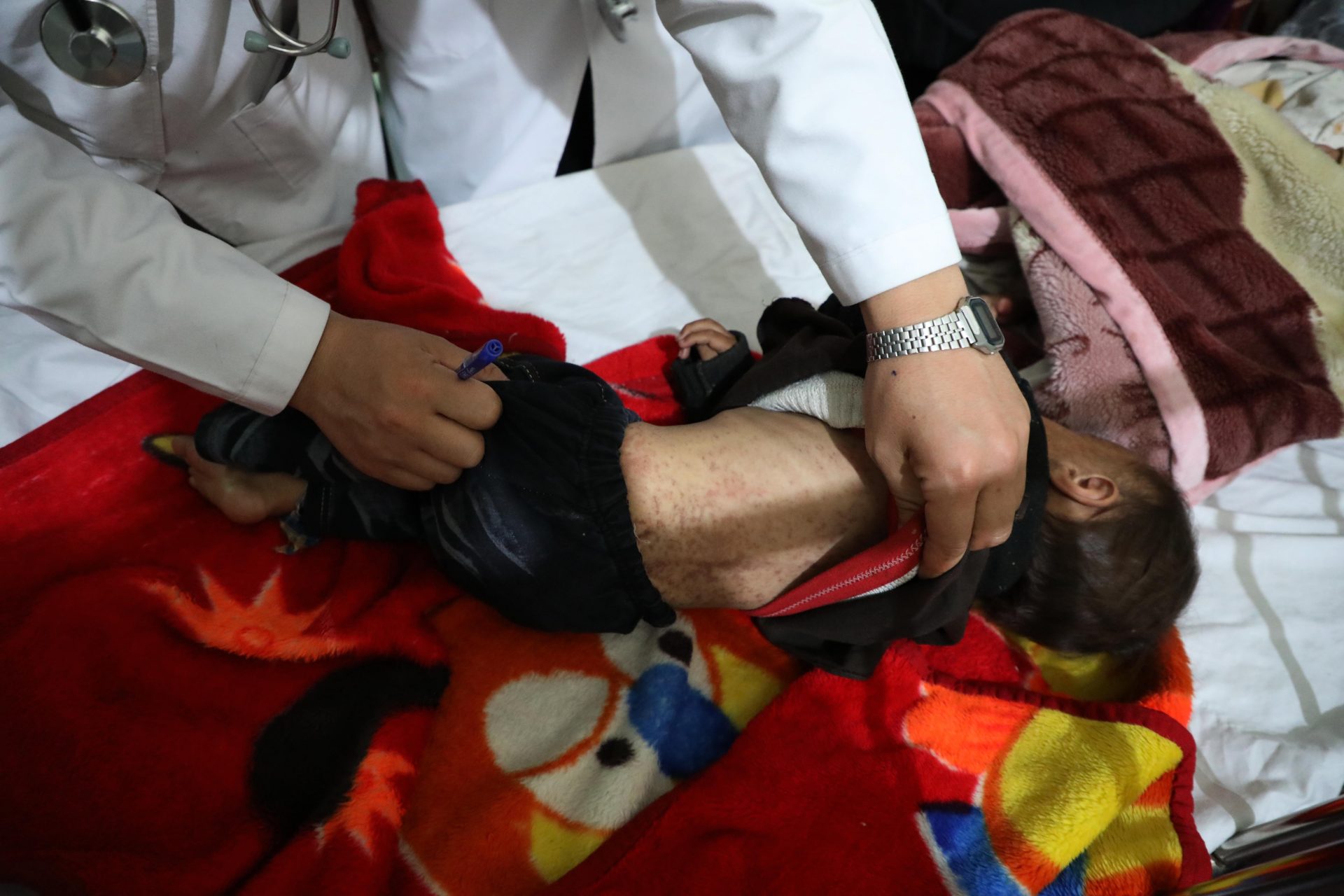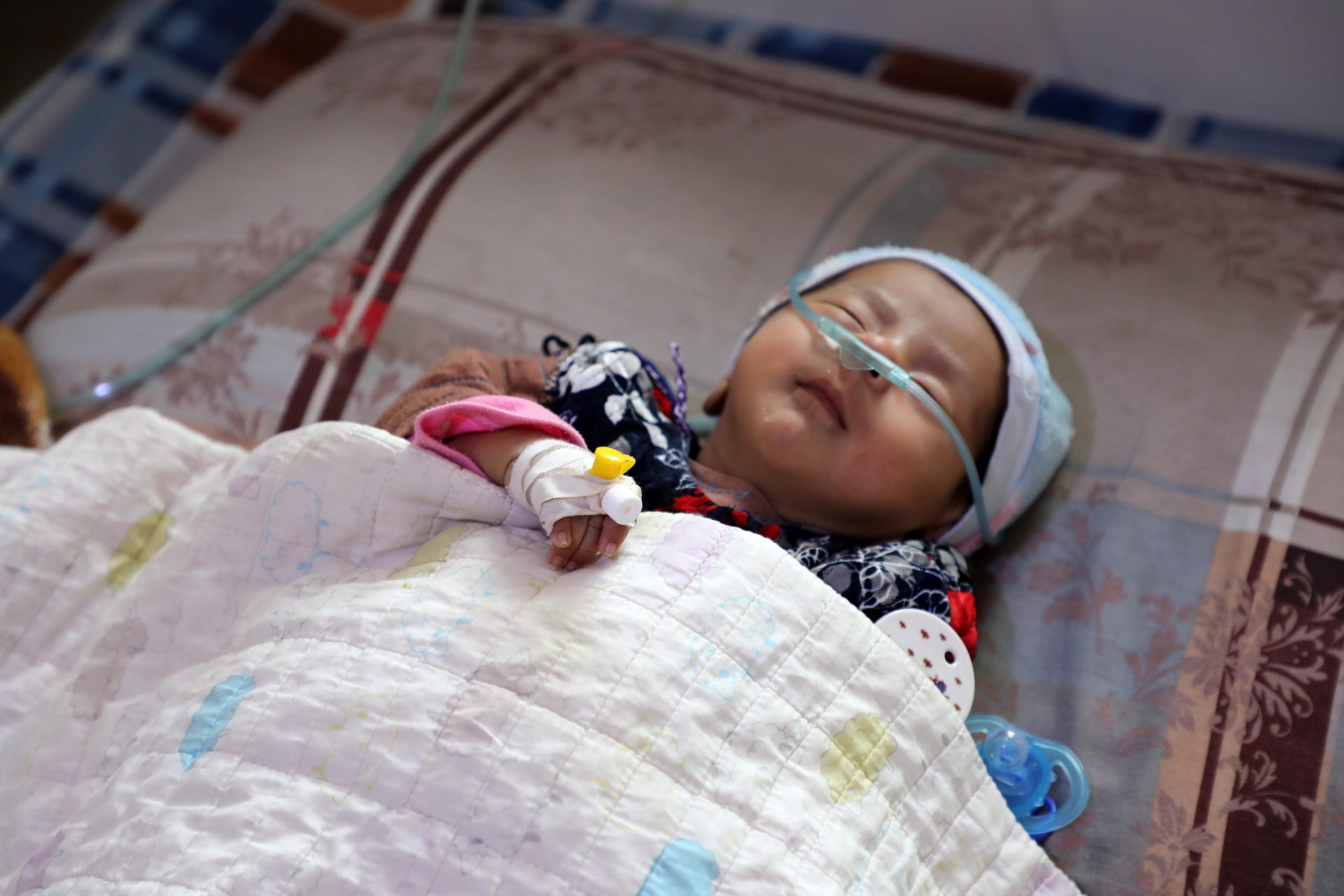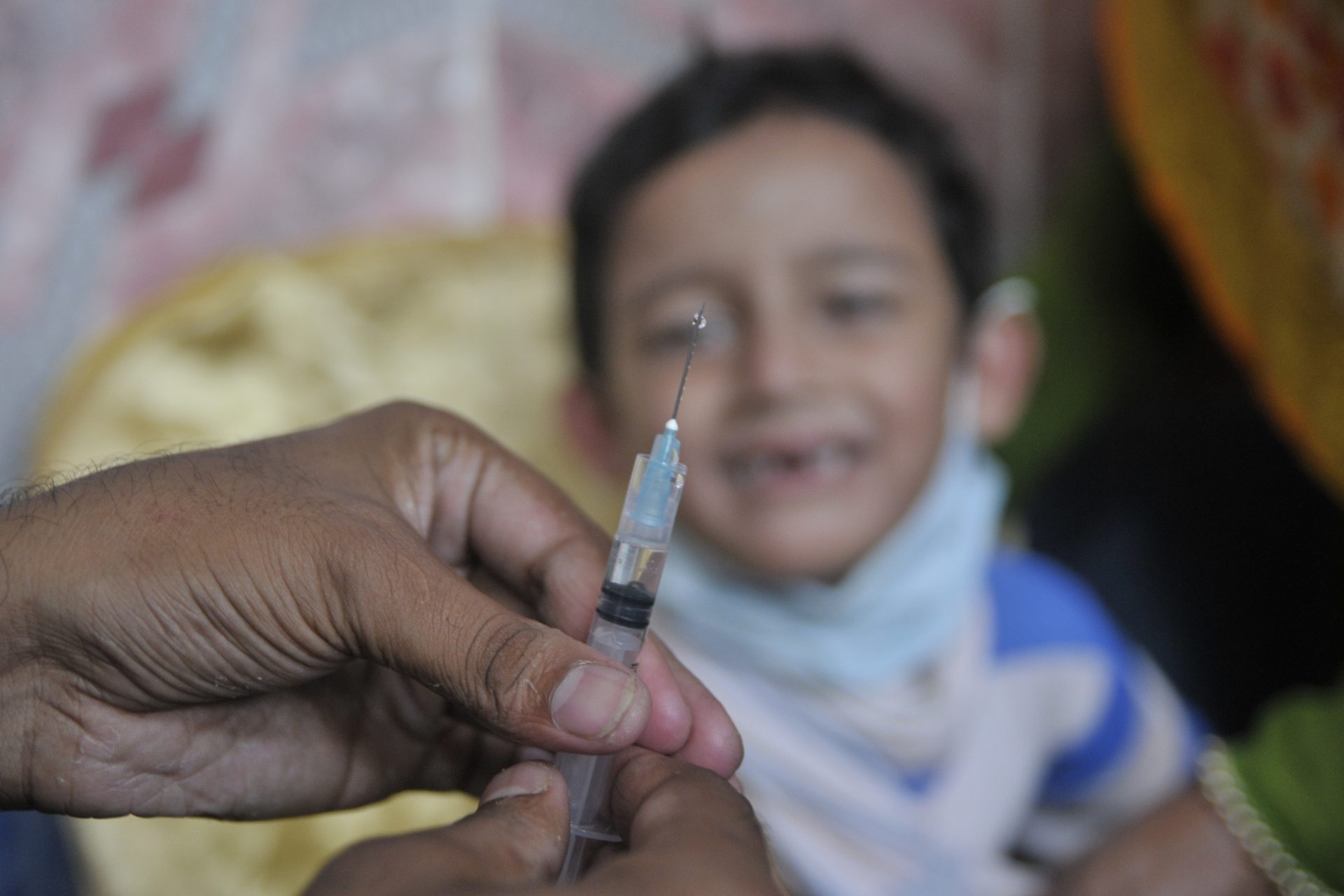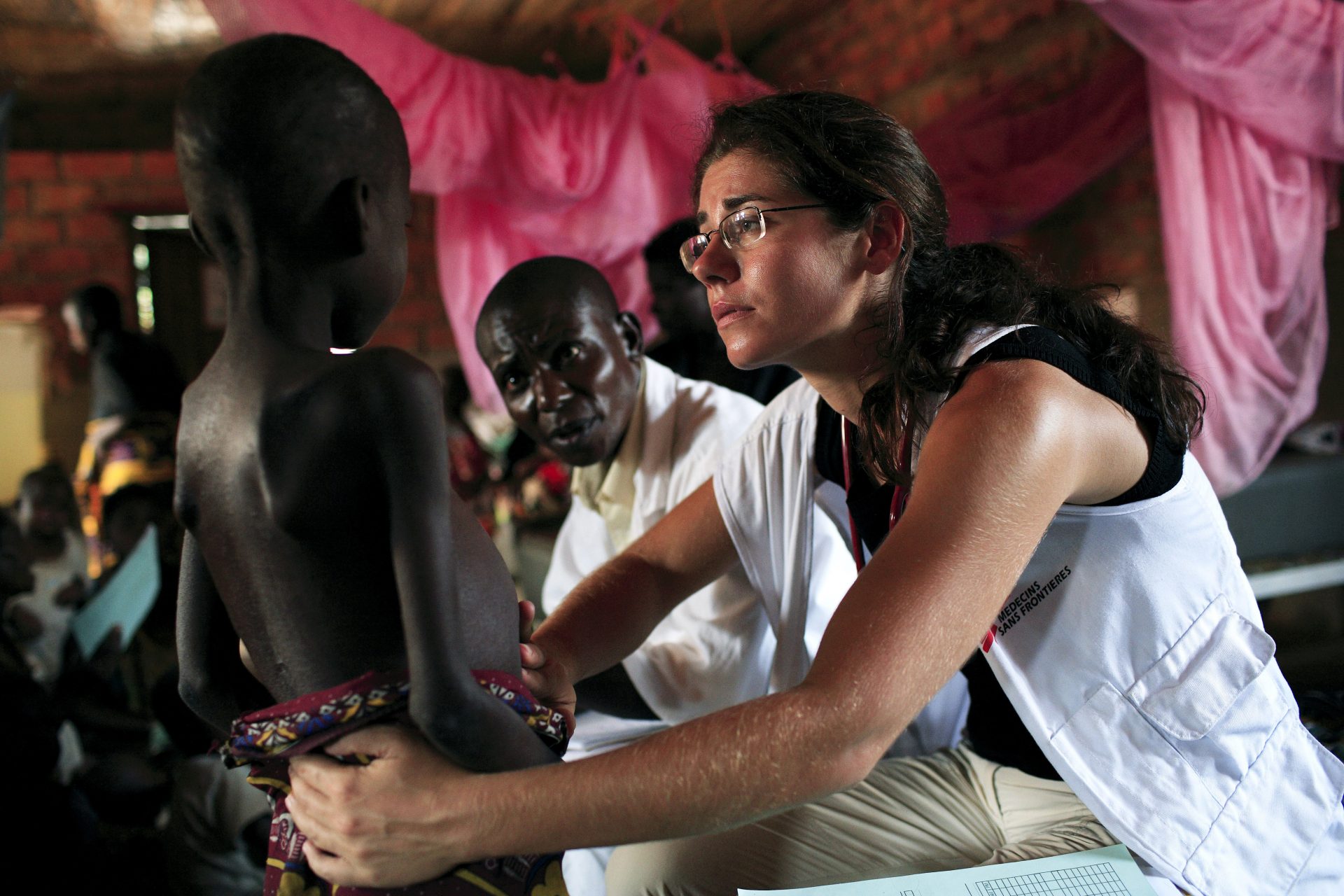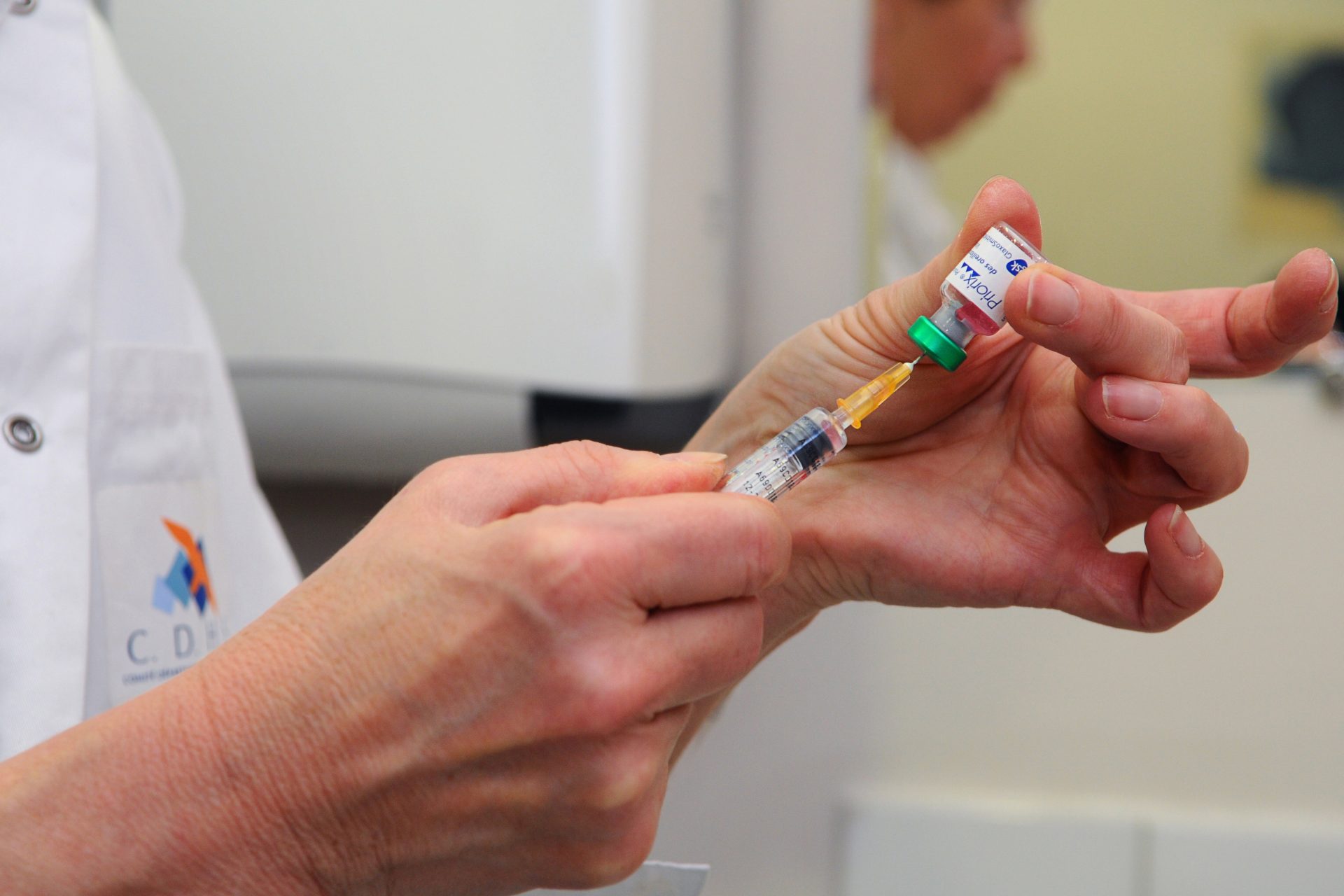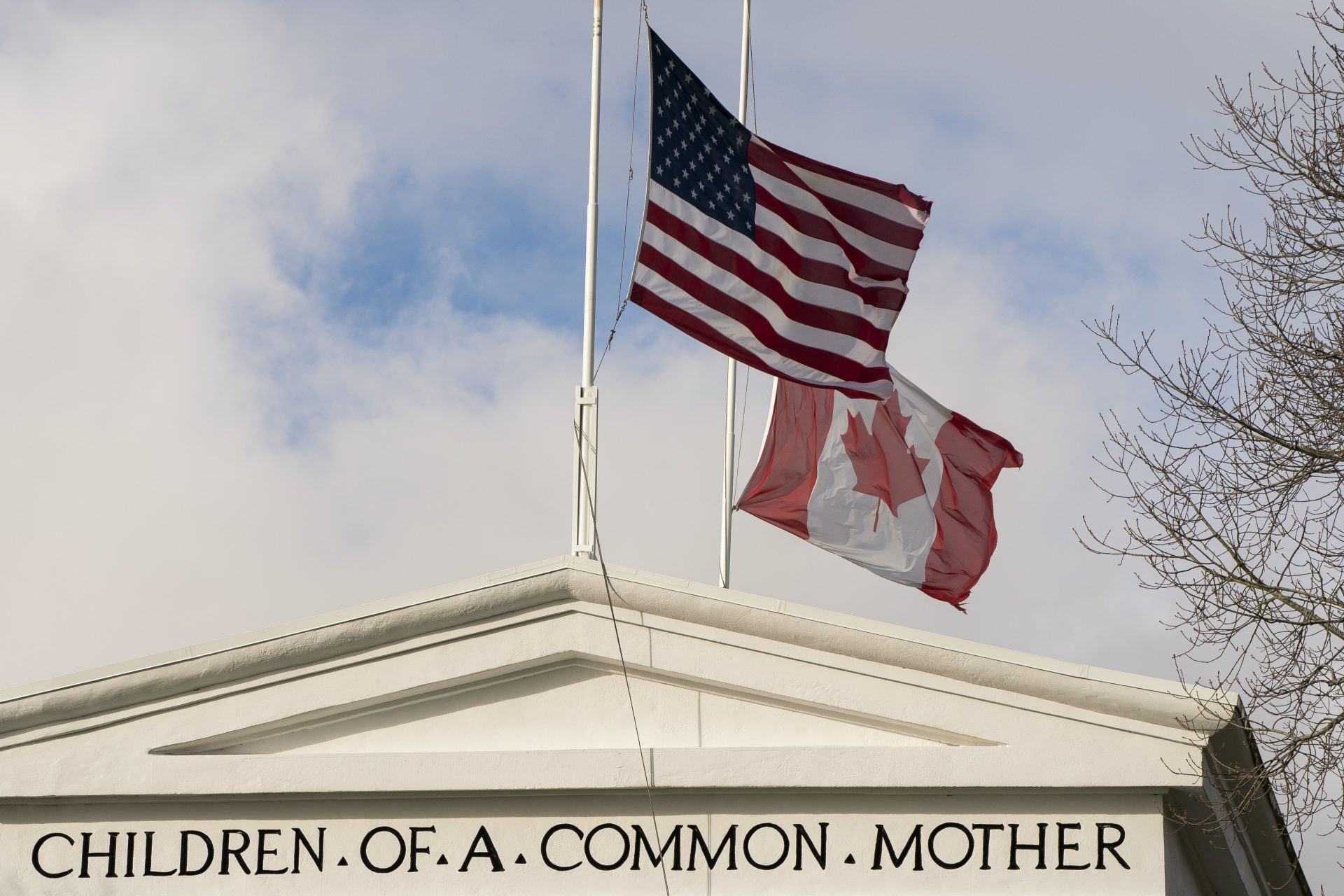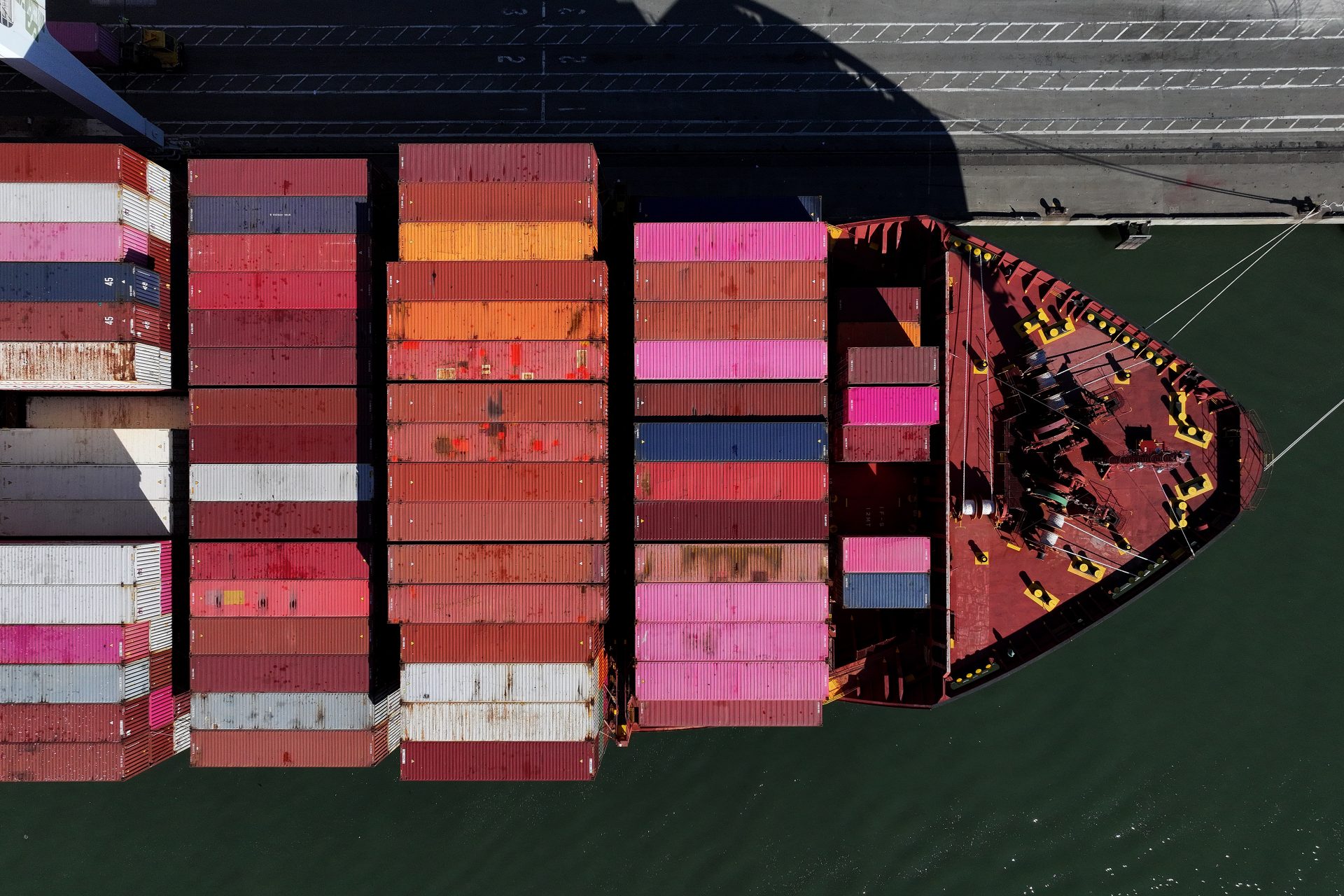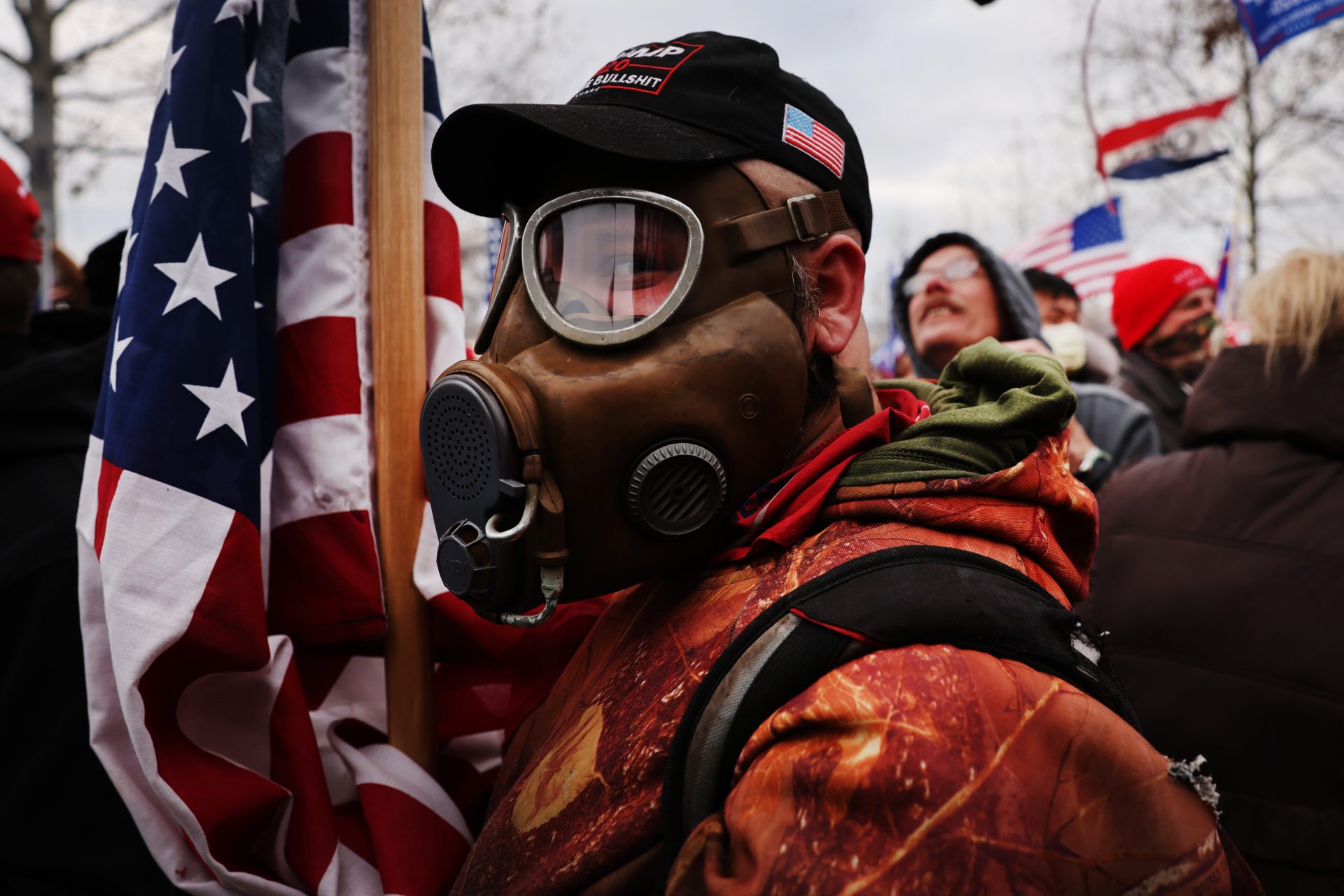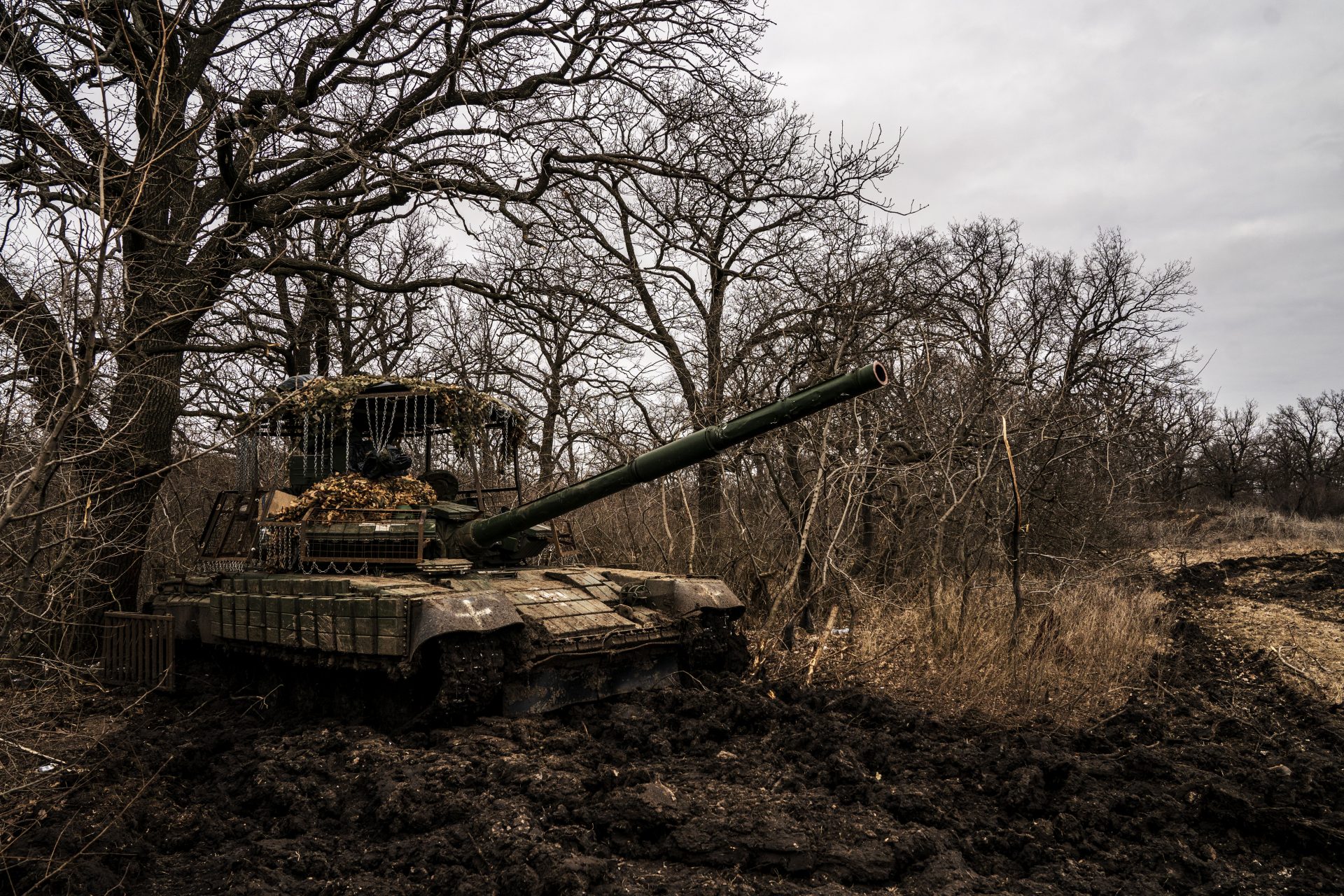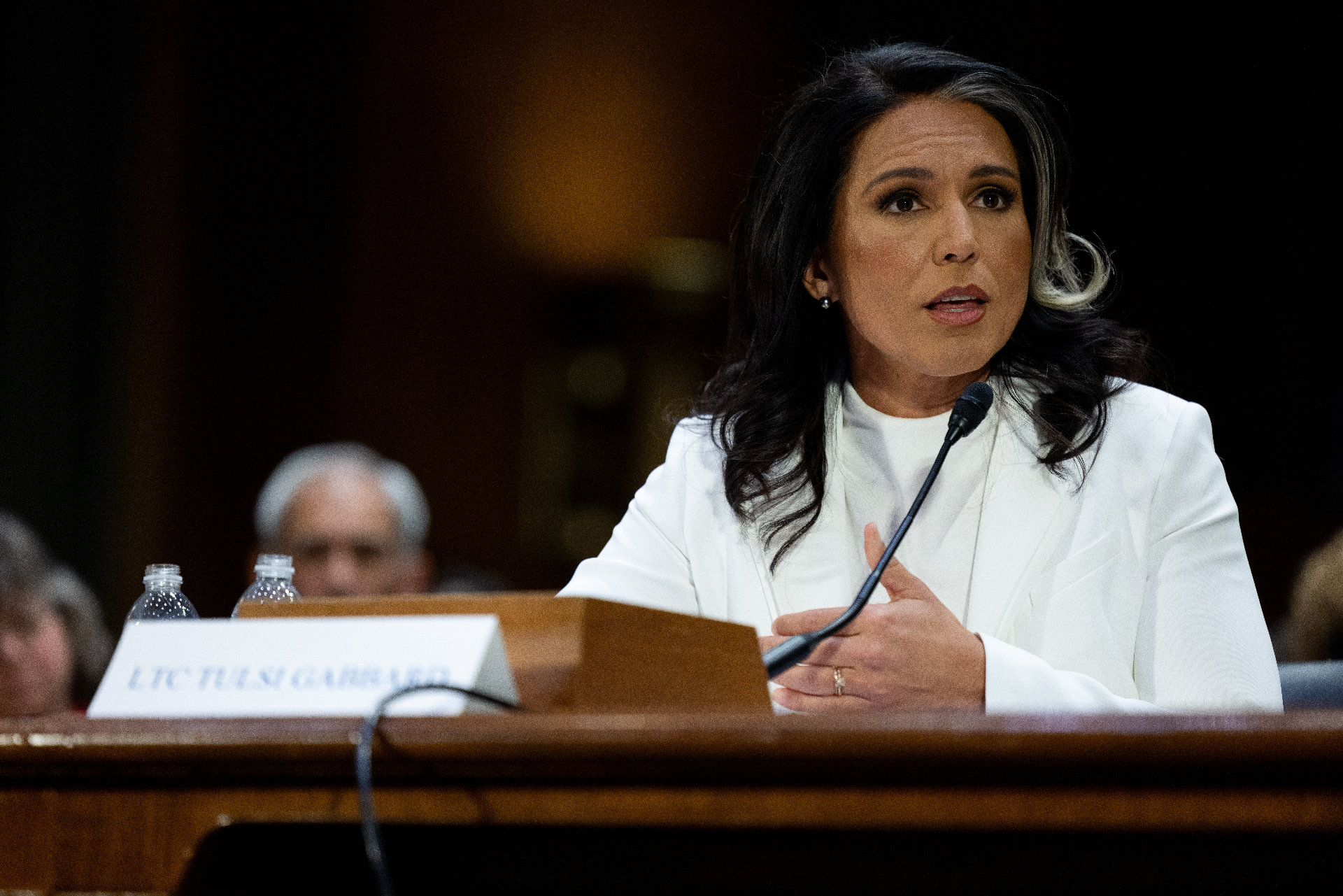Global measles deaths are surging WHO finds, here’s why
Measles deaths are surging all across the world according to findings from a new report that blamed the global pandemic for the situation. So just how bad is the problem? Let’s look at what was revealed in the report and find out.
Years of declines in global measles vaccine coverage have led to a stunning rise in both infections and deaths according to the latest data from the Centers for Disease Control and Prevention and the World Health Organization.
Measles cases increased by 18% in 2022 while deaths from the condition jumped by 49% percent, which brought the total number of global infections to over nine million people and deaths to roughly 136,000.
Sadly, it was the world's youths who were at the biggest risk from the latest rise of measles and most of the deaths were among children according to a press release from the Centers for Disease Control and Prevention (CDC) on the new data.
In 2022, thirty-seven countries were hit with disruptive measles outbreaks in comparison to the twenty-two countries that saw a disruptive outbreak in 2021 and most of the areas affected by measles were located in Africa.
The African continent saw twenty-eight regions experience a major measles outbreak in 2022 while the Eastern Mediterranean had the second largest number of outbreaks with two. South East Asia saw two outbreaks and Europe just one.
“The increase in measles outbreaks and deaths is staggering,” commented CDC Global Immunization Division director John Vertefeuille, who added that it was, “not unexpected given the declining vaccination rates we’ve seen in the past few years.”
“Measles cases anywhere pose a risk to all countries and communities where people are under-vaccinated. Urgent, targeted efforts are critical to prevent measles disease and deaths.” Vertefeuille continued.
Measles is a highly contagious virus according to the World Health Organization and it is easily spread through the breath of an infected person. Coughing and sneezing are two easy ways the virus can find new victims.
Unfortunately, severe measles infections can lead to complications and even death in some people. However, the world has learned to manage the disease through the use of vaccines.
Two doses of a measles vaccination can prevent the disease but the administration of the vaccine globally was stifled by the recent global pandemic and coverage rates have yet to recover in some of the world’s poorest countries.
“The lack of recovery in measles vaccine coverage in low-income countries following the pandemic is an alarm bell for action. Measles is called the inequity virus for good reason,” said Kate O’Brien, WHO Director for Immunization, Vaccine, and Biologicals.
“It is the disease that will find and attack those who aren’t protected,” O’Brien went on to explain. “Children everywhere have the right to be protected by the lifesaving measles vaccine, no matter where they live.”
There was a modest increase in vaccination rates between 2022 and 2023 but roughly 33 million children still missed their measles shots. The global coverage rate of the first dose hit 83% and the second dose reached 74%.
Unfortunately, global coverage of the measles vaccine was well below the 95% needed for both shots, a percentage that ensures a community will be protected from the spread of the virus.
“Immunization programs will need to accelerate immunization program recovery to close these immunity gaps and reduce disease incidence,” the authors of the report explained in the discussion section of their research paper on how to remedy the situation.
More for you
Top Stories



